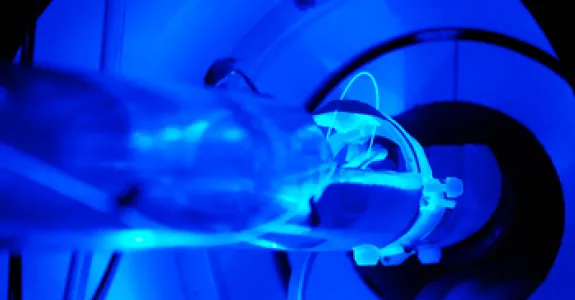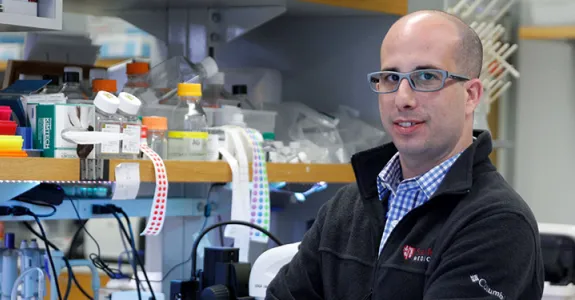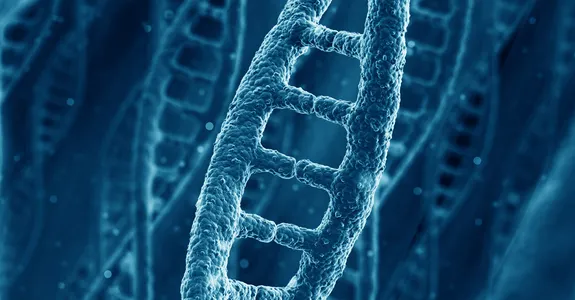
Protein folding is critically important for all life, from microbes to man. A bafflingly diverse set of cellular mechanisms has evolved to coordinate this process. Not unexpectedly, problems in protein folding are the root cause of many of the most devastating diseases, which represent a major challenge to public health worldwide, especially as our population continues to age. Referred to collectively as protein-misfolding disorders, these truly disastrous neurodegenerative diseases include Alzheimer disease, Parkinson disease and ALS (Lou Gehrigs disease). Understanding at a mechanistic level the cellular consequences of protein misfolding will help to suggest potential strategies for therapeutic intervention. The Gitler lab uses the bakers yeast, Saccharomyces cerevisiae, as a model system to study the cell biology underpinning protein-misfolding diseases. They do not limit themselves to one model system or experimental approach. They start with yeast, perform genetic screens, and then move to other model systems (e.g. mammalian tissue culture, mouse, fly, zebrafish) and even work with human patient samples (tissue sections, patient-derived cells, including iPS cells, and next generation sequencing approaches to look for mutations in novel genes).





